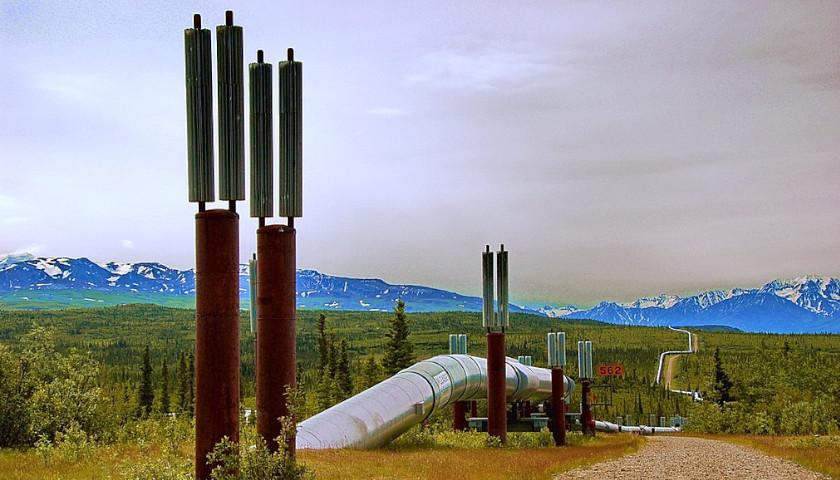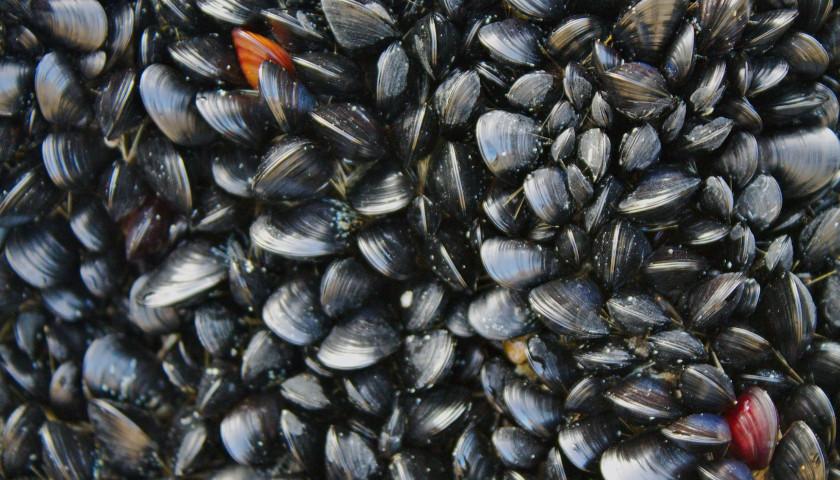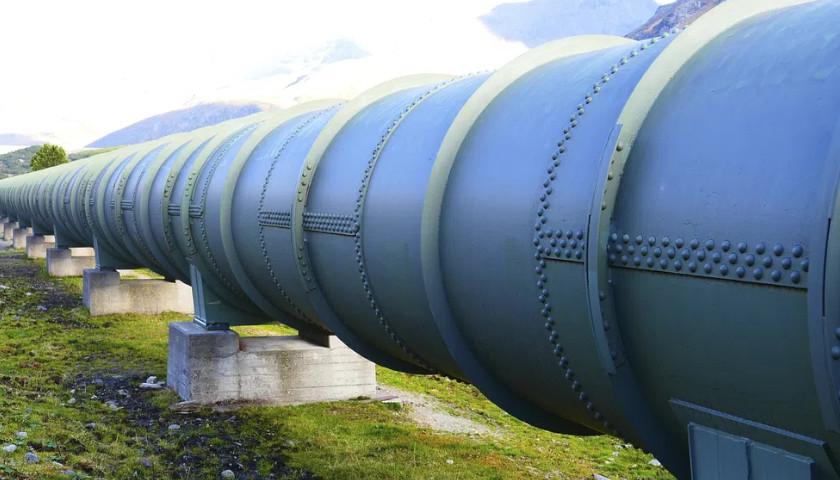The U.S. Fourth Circuit Court of Appeals declined to stay a Biological Opinion, a type of permit, from the U.S. Fish and Wildlife Service for the Mountain Valley Pipeline (MVP), according to Reuters. The Wednesday decision allows construction of the 303 mile natural gas pipeline to go forward while the courts consider the merits of other legal challenges to the pipeline.
The MVP website states that the pipeline will bring economic benefits and tax revenues to local areas in Virginia and West Virginia, and will allow distribution of natural gas from mineral resources in Pennsylvania and Ohio. Opponents say the pipeline is unnecessary, dangerous, and too expensive.
“One of the more recent arrows in the quiver of the environmentalist and progressive wing of energy stakeholders has been to block infrastructure,” said Nick Loris, Joyce Morgan Fellow in Energy and Environmental Policy at the Heritage Foundation. Loris said that in the past decade, environmentalists who don’t want fossil fuels to be used have begun targeting pipeline projects.
“Their approach has been one, let’s make some noise about local environmental impacts and potential threats to ecology and to soil and to any type of risk of an accident. But I think it fits under the umbrella of a larger framework that we need to transition away from conventional sources of energy like coal, oil, and natural gas, and one of the ways to do that is to block that infrastructure,” Loris said.
Lieutenant Governor candidate Delegate Sam Rasoul (D-Roanoke) said in a Thursday press release, “Mountain Valley Pipeline is the most expensive pipeline on a per-mile basis ever conceived.”
Rasoul said that once Joe Biden takes office, he should revoke permits allowing the pipeline to be built. “Building this pipeline using thousands of out-of-state workers in Southwest Virginia during an escalating public health emergency is creating an unnecessary and dangerous risk to the communities along the proposed route and beyond,” he said.
“While the court’s decision is a disappointing temporary setback, the fact remains that the same court already has stayed another permit, known as Nationwide Permit 12, which MVP needs to cross hundreds of rivers, streams and wetlands along the 303-mile route in West Virginia and Virginia,” Rasoul said. “And MVP still lacks a permit to cross the Jefferson National Forest in Virginia as well as a 25-mile buffer zone over which construction is still barred by the Federal Energy Regulatory Commission. Without those permits, the project will never be completed.”
According to Loris, the U.S. already has a broad network of pipelines under the ground, and many residents near older pipelines might not know that they’re near one. “Given the fact that natural gas, particularly in the past 12 years or so, we have a lot of it, it’s affordable, it’s cheap, and it’s reliable, it makes economic sense to ensure that we meet the demands for homes and businesses with natural gas.”
“I think the argument for the pipeline is, not only are we helping to deliver affordable, reliable energy to homes and businesses in the area, but we are also doing it in a more environmentally friendly way than we have in the past.” Loris said, “Most people will live [near] a natural gas pipeline or even an oil pipeline and not even know that that’s the case, since [the pipelines have] been built before they really became all that confrontational.”
“The National Transportation Safety Board and the U.S. Department of Transportation have reported that natural gas pipelines are the safest form of energy transportation in the U.S,” MVP official Shawn Poesy wrote in a newsletter.
Loris said that although there might be apparent benefits to not developing natural gas resources, policy makers should consider the hidden costs. Natural gas is cleaner than coal, according to Loris. Additionally, without a pipeline, coal and natural gas have to be transported by rail. Utilities often use either natural gas or coal to generate electricity.
“What does that mean for energy prices, what does that mean for home heating costs, but also what does that mean for the environment? Are we better off environmentally when these pipelines aren’t built,” Loris said. “On the surface the answer might seem like yes, but you have to look at what the alternative might be, and if the alternative is choosing coal, or the alternative is needing to build more transmission lines for renewable power sources, there’s environmental impacts for pretty much everything we do.”
– – –
Eric Burk is a reporter at The Virginia Star and the Star News Digital Network. Email tips to [email protected].








